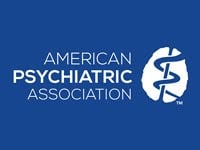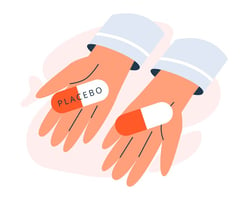A study published in yesterday’s Addiction journal compared the effectiveness of buprenorphine...
High Anxiety Levels May Increase Risk of Stroke, Study Finds
 |
“Most of the focus [on mental health and stroke] up until this point has been on depression. These findings underscore the importance of also considering anxiety when considering cardiovascular diseases,” said Rebecca Thurston, Ph.D., senior author of the study and an associate professor of psychiatry at the University of Pittsburgh. “These findings encourage practitioners to assess and treat anxiety, as well as to reconsider popular notions such as ‘worried well’—this worrying may not make us so well.”
Because even a modest increase in anxiety was associated with an increase in stroke risk, the researchers noted that more education and awareness on managing anxiety is of great importance.
To read more about anxiety and therapies to manage anxiety, see the Psychiatric News articles, "Music Can Reduce Anxiety in ICU Patients" and "Imaging Helps Predict Anxiety Patients Who May Benefit From CBT."
(Image: grasko/shutterstock.com)





